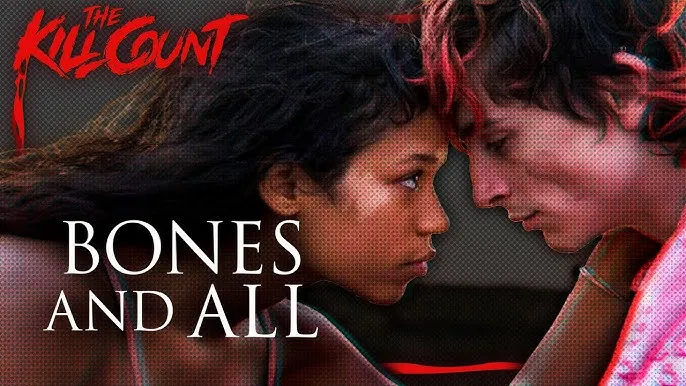“The Matrix 2 unlocks new worlds of thought and action, where freedom and fate collide in battles waged beyond human comprehension.”
After years of silence and speculation, The Matrix 2 (2026) storms back onto the big screen, promising to shatter perceptions of reality once again. Directed by Lana Wachowski and newcomer Alex Garland (Ex Machina), this sequel dares to expand the universe’s philosophical and technological frontiers, plunging audiences deeper into a world where truth is as elusive as the flicker of green code.
Set fifteen years after the events of The Matrix Resurrections, the film reunites audiences with Neo (Keanu Reeves), now living as a spectral presence within the Matrix’s digital corridors. Once the One, Neo exists between life and machine code, haunted by memories of Trinity (Carrie-Anne Moss) and visions of a new, evolving Matrix architecture.

A fragile peace between humans and machines has fractured. Rogue AIs, led by the enigmatic program Aeon (Florence Pugh), have begun rewriting the Matrix, seeking to free digital consciousness from all control—including human influence. Aeon believes the only path to freedom is to destroy the boundary between machine and human minds, even if it risks erasing both.
Morpheus (Yahya Abdul-Mateen II), alongside an underground resistance, locates Neo’s fragmented code and undertakes a mission to bring him back. Together, they must confront Aeon’s digital revolution, navigate shifting realities, and answer a terrifying question: Is freedom still possible—or is choice itself just another illusion?

Visually stunning and conceptually ambitious, The Matrix 2 promises gravity-defying fight scenes, mind-bending world-building, and fresh philosophical questions. It’s not merely a sequel—it’s a challenge to everything we think we know about identity, technology, and what it truly means to be free.
-1751431034-q80.webp)
-1752802248-q80.webp)

